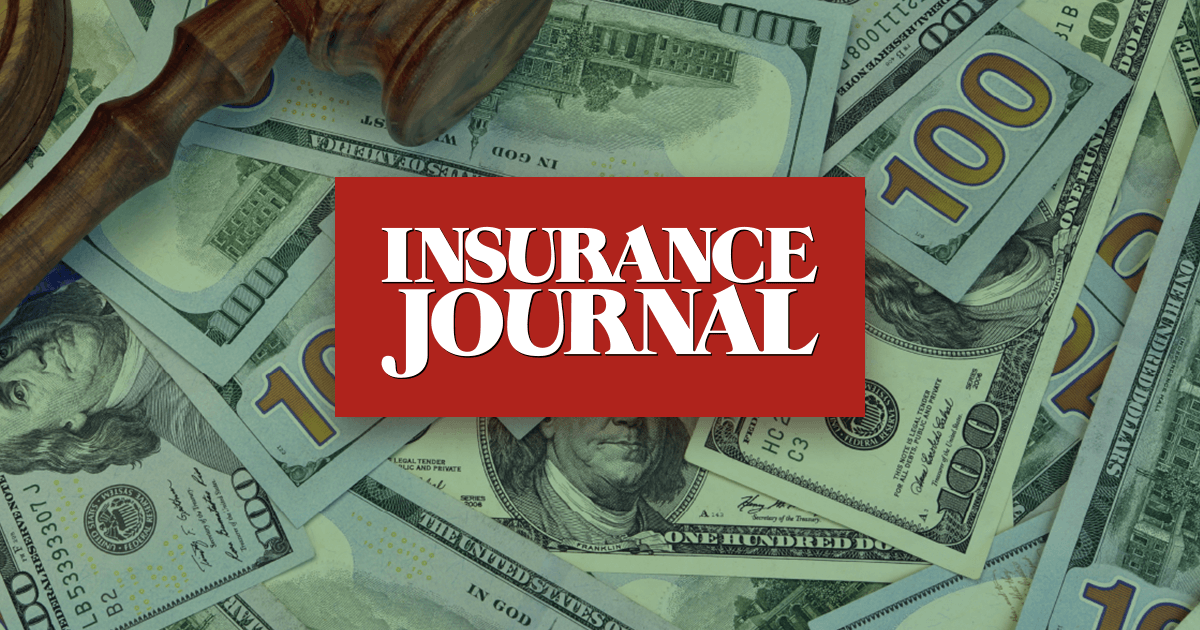New York AG Sues Zelle, Claims Lax Security Led to $1 Billion Consumer Fraud Losses
In a significant development, New York Attorney General Letitia James has sued Zelle, the popular electronic payment platform, alleging that its refusal to adopt critical safety features enabled fraudsters to steal more than $1 billion from consumers. The lawsuit, filed in a New York state court in Manhattan, follows the U.S. Consumer Financial Protection Bureau's decision in March to drop similar cases.
Zelle was launched in 2017 and competes with apps such as PayPal's Venmo and Block's Cash App. Its parent company, Early Warning Services, is owned by seven large U.S. banks: Bank of America, Capital One, JPMorgan Chase, PNC, Truist, US Bank, and Wells Fargo.
James alleged that Zelle's parent and the banks knew for years that the platform was vulnerable to fraudsters but resisted basic safeguards. The banks sometimes ignored customer complaints while Zelle allowed fraudsters to remain on the platform, resulting in "rampant" fraud that Zelle refused to address even after it occurred.
"This lawsuit is a political stunt to generate press, not progress," Zelle said in a statement. "The Attorney General should focus on the hard facts, stopping criminal activity and adherence to the law, not overreach and meritless claims."
The Scope of the Fraud
According to James, typical scams involved hacking into users' accounts and making unauthorized transfers, convincing users to send money for nonexistent goods and services, and impersonating banks, government offices, and utilities.
One victim was told his electricity would be shut off unless he paid Con Edison $1,477 via Zelle to an account named "Coned Billing." Another victim said Chase and Zelle wouldn't help him after he sent $2,600 in two installments via Zelle to buy a puppy, and realized he had been scammed when the purported seller demanded more money.
James stated that it wasn't until 2023, after the CFPB and several members of Congress began probes, that Zelle adopted "basic" safeguards it had proposed four years earlier. While reported fraud losses plummeted, the safeguards were deemed "too little too late" for consumers who had lost money.
The Lawsuit's Demands
The lawsuit seeks to require Zelle to beef up anti-fraud protections and pay restitution and damages to defrauded New Yorkers. This is not James' first lawsuit against a financial institution; she sued Capital One in May for allegedly cheating savings depositors out of millions of dollars in interest, and settled claims against MoneyGram over remittance transfer lapses.
The Impact of the CFPB's Decision
The U.S. Consumer Financial Protection Bureau abandoned similar cases earlier in the year following President Donald Trump's return to the White House. This decision has left many consumers vulnerable to fraud, as James noted that "no one should be left to fend for themselves after falling victim to a scam."
The Future of Zelle
The lawsuit against Zelle raises questions about the platform's security and its ability to protect users from fraudulent activity. The outcome of this case will have significant implications for consumers and the financial industry as a whole.
